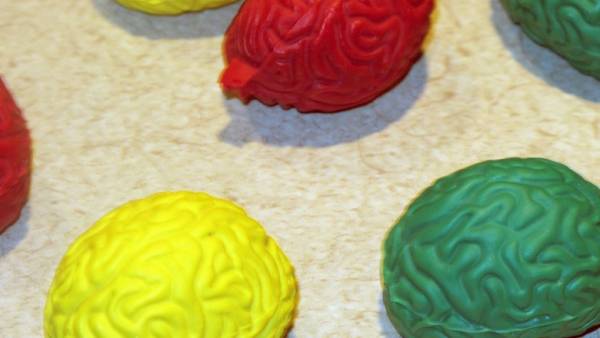Neuroscientists: normal brain does not happen
Scientists have questioned the idea that there is a universal standard functioning of the human brain. According to new idea, thanks to the evolution patterns of thinking and behavior evolved very differently, which is incompatible with the existence of a single “normal” or “healthy” state.

A study published in the journal Trends in Cognitive Sciences.
The variety of organisms is a necessary condition of natural selection. However, in many situations, over time, evolution could not come to a “standard” of some features.
We believe that there is no fixed norm. Any behavior can not be considered completely negative or positive. There are potential advantages to each, depending on the surrounding conditions.Abram Holswade the author of the work, Yale University, USA
As an example, the authors discuss qualities such as risk aversion and anxiety. On the one hand, risk adverse people are more likely to take drugs, fall into the criminal world or to hurt themselves. On the other, it’s a personality trait allows you to take up the case, which others feel for him, with the result that he could obtain large benefits for themselves personally and for the team.
This view raises the question about the definition of behavioral disorders, with the reality which the authors do not argue. “Maybe the fact that if we consider the individual phenotype (a set of inherent individual traits), then the boundaries between health and disease, therefore it is necessary to consider several phenotypes simultaneously,” explains Holmes.
This view complicates the search for biomarkers of mental illness as a standard method based on the determination of the genetic basis of individual aspects of the disorders, becomes unreasonable. The reason is that in this method the data can be generalized to large populations in order to determine how reliable it is for progsoc of disorders. “We want to create a multivariate approach which will consider various aspects of human behavior simultaneously, in the hope that in this way we can better predict the development of mental illness,” the authors add.